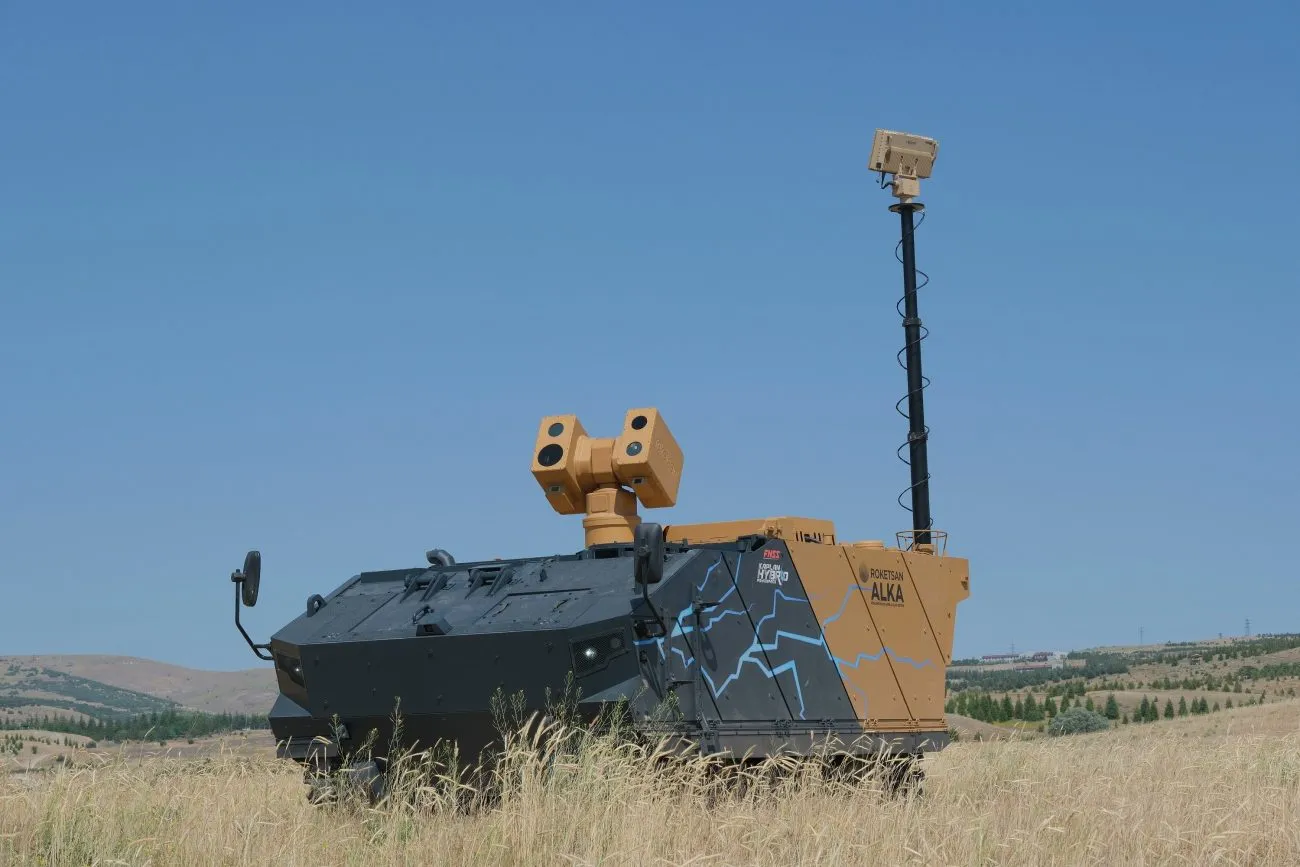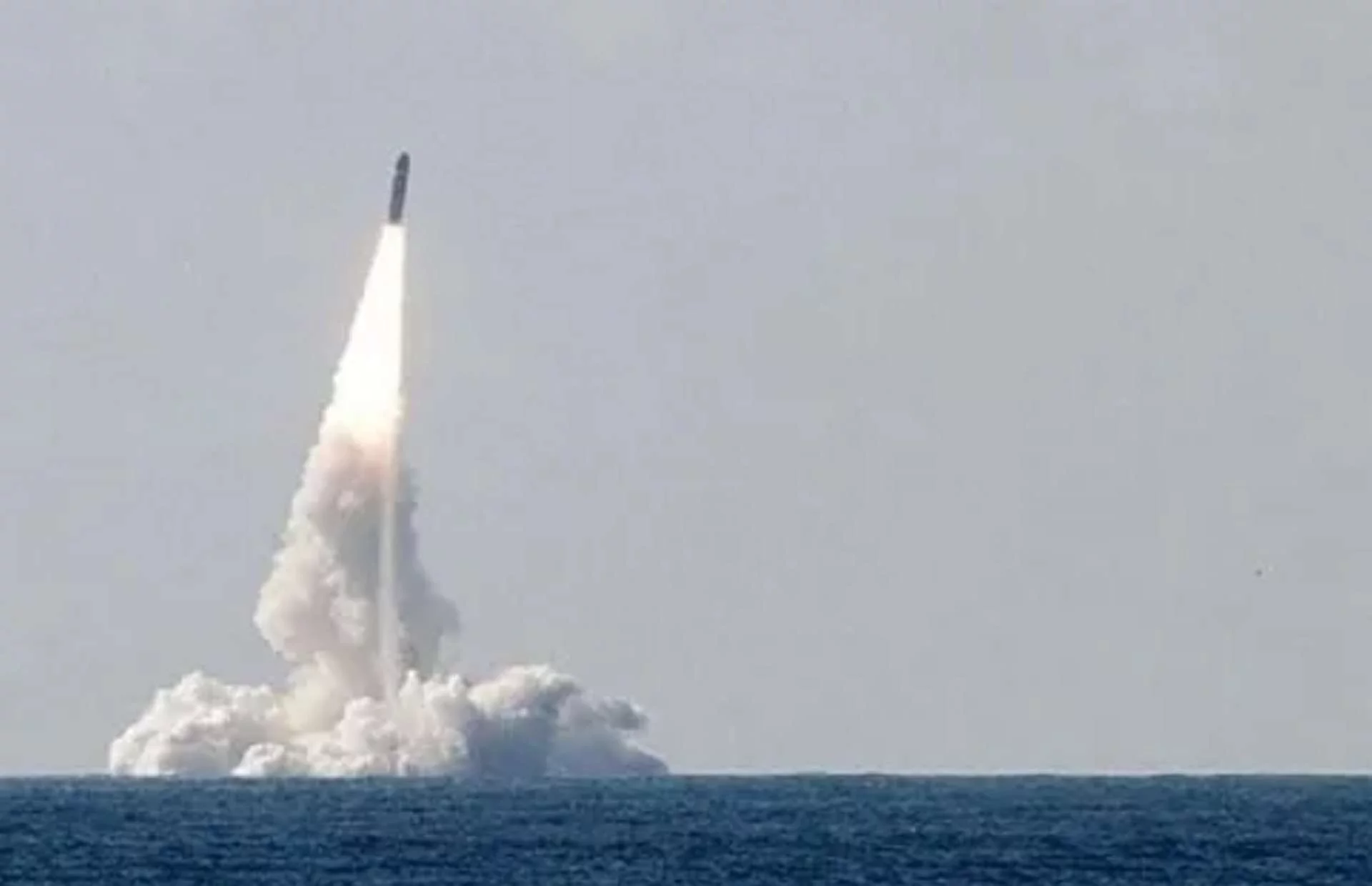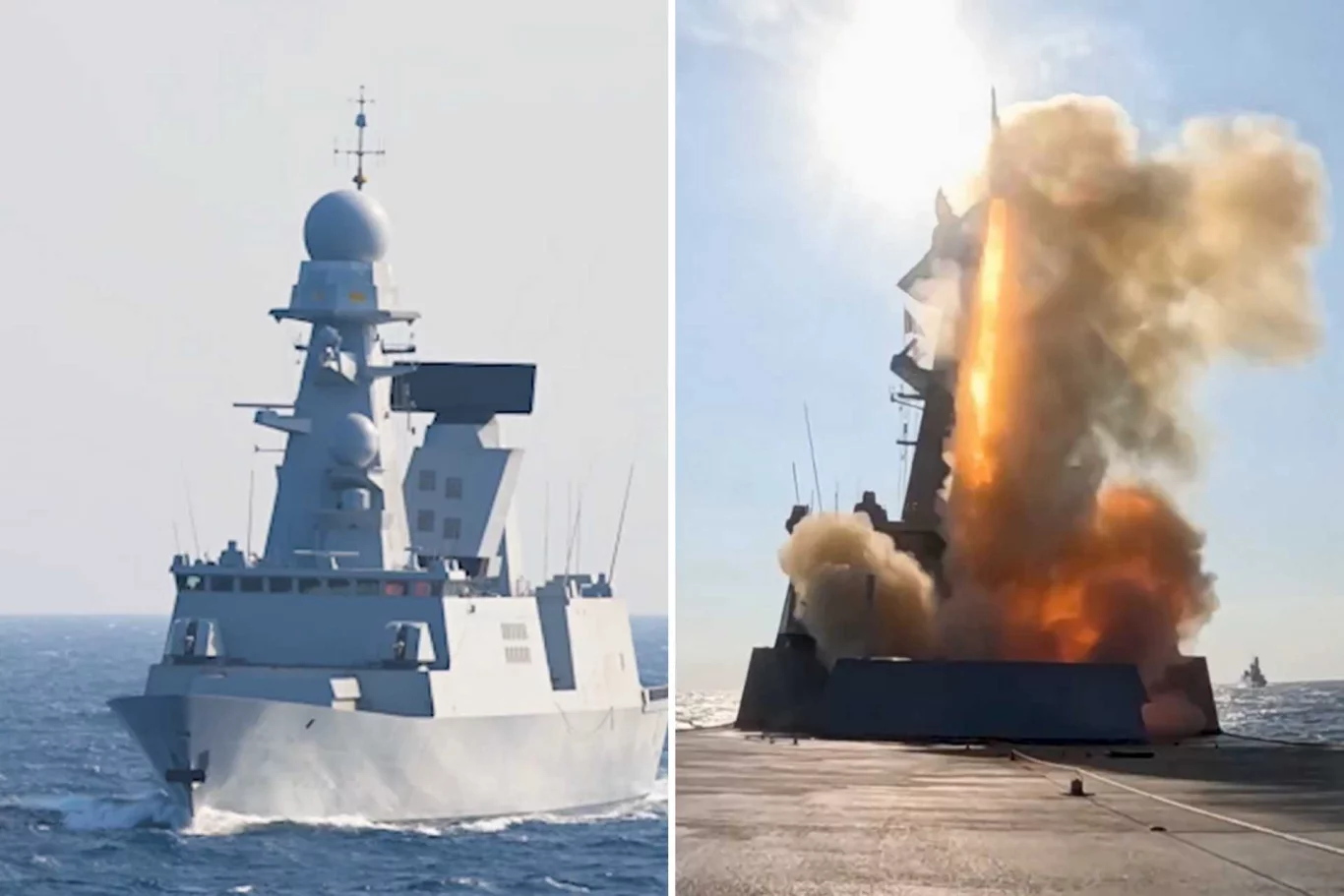Turkey Bolsters Defense Industry with ALKA-KAPLAN Laser Tank at IDEF 2025
Turkey has solidified its reputation as a rising powerhouse in the global defense industry with the introduction of the ALKA-KAPLAN, a groundbreaking laser-armed tank designed to neutralize drones and other aerial threats. Unveiled at the 17th International Defense Industry Fair (IDEF 2025) in Istanbul, which commenced on July 22, 2025, this innovative system marks a significant leap in modern warfare technology. Developed through a collaboration between Turkish defense giants FNSS and ROKETSAN, the ALKA-KAPLAN integrates the KAPLAN HYBRID tracked platform with the ALKA Directed Energy Weapon System (DEWS), showcasing Turkey’s ambition to lead in directed-energy weapons and reduce reliance on foreign defense technologies.
The ALKA-KAPLAN is a hybrid tracked vehicle engineered to counter the growing threat of unmanned aerial systems (UAS) on the battlefield. Unlike traditional air defense systems that rely on missiles or kinetic weapons, the ALKA-KAPLAN employs a combination of electromagnetic jamming and high-energy lasers to disable or destroy drones, helicopters, and other airborne threats. This dual-layered defense system, consisting of soft-kill (electromagnetic jamming) and hard-kill (laser destruction) capabilities, is designed for close-range combat, making it a versatile solution for protecting mechanized units, infantry, and critical infrastructure. Its ability to neutralize fixed-wing and rotary-wing mini/micro UAVs, loitering munitions, and even ground-based threats like improvised explosive devices (IEDs) positions it as a game-changer in modern warfare.
The ALKA DEWS, developed by ROKETSAN, incorporates artificial intelligence (AI)-assisted tracking and threat identification, enabling rapid detection and neutralization of multiple targets, including drone swarms. The system’s modular design allows it to be configured as fixed, mobile, or portable, making it adaptable for various operational environments, from urban areas to open terrain and convoys. This flexibility ensures that the ALKA-KAPLAN can protect a wide range of assets, including military bases, forward operating positions, and civilian infrastructure, against asymmetric threats. The AI-driven algorithms enhance target prioritization and minimize false alarms, ensuring efficient and precise responses in complex battle scenarios.
The KAPLAN HYBRID platform, engineered by FNSS, is a critical component of the ALKA-KAPLAN’s success. First introduced as a prototype at IDEF 2023, the KAPLAN HYBRID features a hybrid propulsion system that combines electric motors with a diesel generator, offering improved fuel efficiency, reduced thermal signature, and an operational range increase of over 10% when in standby mode. The high-kilowatt generator, designed in-house by FNSS, powers both the vehicle’s mobility and the energy-intensive ALKA DEWS, eliminating the need for auxiliary power units. This design enables extended silent operation, a critical advantage for stealth and reconnaissance missions, and supports the integration of next-generation high-energy weapon systems.
Turkey’s development of the ALKA-KAPLAN reflects its broader strategy to achieve self-sufficiency in defense production and compete in the global market for advanced military technologies. The system’s subsystems, including the hybrid powerpack and cross-drive gearbox, are either indigenously produced or sourced through domestic partnerships, reducing Turkey’s reliance on foreign suppliers. FNSS’s ability to design and manufacture a fully indigenous tracked hybrid powertrain places it among a select group of global defense firms with end-to-end capability for such systems. This focus on localization aligns with Turkey’s goal of decreasing its dependency on foreign defense technologies from 70% to 30%, as emphasized by President Recep Tayyip Erdoğan.
The ALKA-KAPLAN’s debut at IDEF 2025, a six-day event organized by KFA Fairs with support from Turkey’s Defense Industries Secretariat and the Turkish Armed Forces Foundation, underscores Turkey’s growing influence in the global defense market. The fair, now in its 17th edition, serves as a platform for showcasing cutting-edge technologies, including long-range hypersonic missiles like ROKETSAN’s Tayfun Block-4 and Turkey’s first indigenously designed fast attack craft by STM. The ALKA-KAPLAN has drawn significant attention for its innovative approach to countering drone threats, a pressing concern as unmanned systems redefine modern combat. Its potential deployment in real-world conflicts, such as Ukraine’s ongoing defense against Russian drone attacks, could further elevate Turkey’s profile, given the established defense ties between the two nations, exemplified by Ukraine’s use of Turkish Bayraktar drones.
Turkey’s defense industry has seen remarkable growth, with exports soaring from $1.9 billion a decade ago to $7.1 billion in 2024, a 65% increase in a single year. From January to April 2025, exports reached $2.2 billion, marking a 67% rise compared to the same period in 2024. According to Turkish Vice President Cevdet Yilmaz, Turkey now exports defense products to 185 countries, offering over 230 systems produced by 3,500 companies employing 100,000 people. The country aims to surpass $10 billion in annual defense exports, joining the ranks of top global exporters. Haluk Gorgun, president of Turkey’s Defense Industry Agency, noted that Turkey controls 65% of the global UAV market and is expanding into unmanned ground and naval vehicles, further solidifying its position as the world’s 11th largest defense exporter.
The ALKA-KAPLAN’s capabilities extend beyond aerial threats. Its laser and electromagnetic systems can neutralize roadside bombs, floating mines, and other explosive devices, enhancing its utility in diverse combat scenarios. The system’s cost-effectiveness, with a low cost per shot compared to traditional missile-based defenses, makes it an attractive solution for countering drone saturation attacks. ROKETSAN’s engineers have highlighted the system’s ability to disrupt UAVs using advanced guidance technologies, such as GPS-denied navigation and image-assisted targeting, ensuring its effectiveness against evolving threats. The ALKA-KAPLAN’s design for platforms up to 20 tons also allows for integration into future tracked vehicle programs or modernization efforts, offering scalability and adaptability.
Turkey’s defense ambitions extend beyond the ALKA-KAPLAN. According to Turkish naval chief Admiral Ercument Tatlioglu, Ankara plans to develop nuclear-powered submarines following the completion of the national MILDEN submarine program, which would make Turkey the seventh country globally to possess such capabilities. This aligns with Turkey’s focus on emerging and disruptive technologies, including AI, hypersonic systems, and directed-energy weapons, as outlined in its National Artificial Intelligence Strategy 2021-2025 and the 2023-2027 Sectoral Strategy Document. These efforts aim to position Turkey as a leader in next-generation defense technologies, enhancing its strategic autonomy and influence within NATO, where approximately 75% of Turkish-produced systems are utilized.
The ALKA-KAPLAN’s introduction has raised concerns among some regional powers, particularly India, due to Turkey’s defense ties with Pakistan. Reports suggest that Turkey may offer the ALKA-KAPLAN to Pakistan, potentially altering the regional balance by providing a cost-effective counter to India’s UAV capabilities. However, the system’s primary focus remains on addressing universal battlefield challenges, particularly the proliferation of drones, which have become a defining feature of modern conflicts. Its ability to operate alongside tanks and infantry, providing mobile protection against aerial and ground threats, makes it a critical asset for mechanized units.
As global demand for hybrid and directed-energy systems grows, Turkey is positioning itself to capture a niche segment of the defense market. The ALKA-KAPLAN’s integration of indigenous propulsion, advanced sensors, and AI-driven targeting demonstrates Turkey’s technological prowess and commitment to innovation. By showcasing this system at IDEF 2025, alongside other advanced platforms like hypersonic missiles and autonomous vehicles, Turkey is signaling its readiness to shape the future of warfare. The ALKA-KAPLAN not only enhances Turkey’s defense capabilities but also strengthens its bid to become a dominant player in the global defense industry, competing with established powers while addressing the evolving challenges of the modern battlefield.




